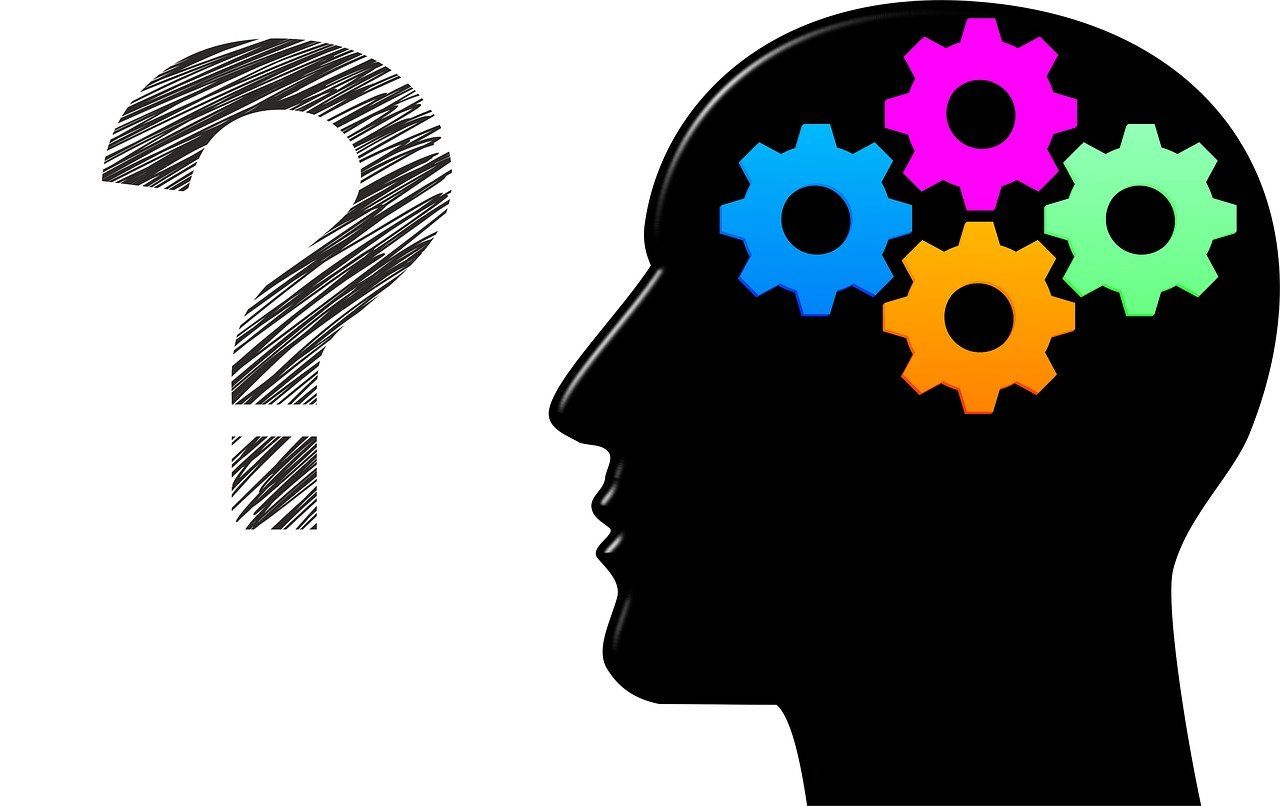What happens in the brain when you have a word "on the tip of your tongue"? 🤔
Published by Adrien,
Source: The Conversation under Creative Commons license
Other Languages: FR, DE, ES, PT
Source: The Conversation under Creative Commons license
Other Languages: FR, DE, ES, PT
Follow us on Google News (click on ☆)
It's a moment that is both intriguing and frustrating. But what exactly happens in our brain when this occurs? Researchers have investigated this question and made fascinating discoveries.

Illustrative image, Pixabay
When you have a word on the tip of your tongue, several parts of your brain start working to retrieve this elusive word. Imagine a group of people frantically searching through a library for a specific book. The brain does something similar, with certain areas taking part in this search. Among them, three play a key role: the anterior cingulate cortex, the prefrontal cortex, and the insula.
The anterior cingulate cortex and the prefrontal cortex are part of a network involved in cognitive control and play complementary roles when a word is on the tip of your tongue. The anterior cingulate cortex acts like a supervisor. It helps detect and manage the "conflict" that arises when you know you know a word but can't retrieve it.
It's like an alert saying, "Wait, I know I know this word!" On its part, the prefrontal cortex plays a vital role in evaluating and verifying the information that comes to mind during the word search. It ensures that the elements retrieved are indeed what you're looking for. Finally, the insula is a more hidden part of the brain involved particularly in phonological retrieval, meaning the attempt to access the sound combinations that constitute words.
Researchers have used techniques such as functional magnetic resonance imaging (fMRI) to see what happens in the brain during these moments. You can imagine these three brain regions collaborating to find the missing word, like colleagues helping each other in a tough investigation.
However, researchers have also observed that this phenomenon becomes more frequent with age. Why? Because certain parts of the brain, including the anterior cingulate cortex and the insula, tend to shrink with aging.
This means they become a bit less effective. It's as if, over time, the library where you're searching for books becomes a little more disorganized, with messier shelves and lost references. As a result, finding that specific "book" or "word" becomes more challenging.
Studies have also shown that in older individuals, the insula is less activated when trying to retrieve a word. It's a bit like this part of the brain, which should normally assemble the sounds, can no longer perform its task as efficiently as before. This explains why "tip-of-the-tongue" experiences become more common with age. The more the insula is affected by aging, the harder it becomes to recover these words we know so well.
Despite the increased frequency of tip-of-the-tongue moments with age, this phenomenon is entirely normal. It's an integral part of how we function. It simply shows that our brain is incredibly complex, and that sometimes, processes that seem straightforward, such as finding a word, are actually the result of coordinated activity across many brain regions.
Moreover, it's worth noting that there are ways to mitigate these effects of aging, for example what is known as "cognitive reserve" (a protective factor influenced by intellectual and physical activities or social interactions, for instance) which helps optimize brain and cognitive aging.
So, the next time you have a word on the tip of your tongue, remember that your brain is hard at work trying to retrieve that information. If partial information (some sounds, an associated word, etc.) comes to mind, it invites you to keep searching to find the elusive word. And if the word takes its time, don't hesitate to take a break and try again later with a "clear head." All of this reflects the complexity and efficiency of our brain!